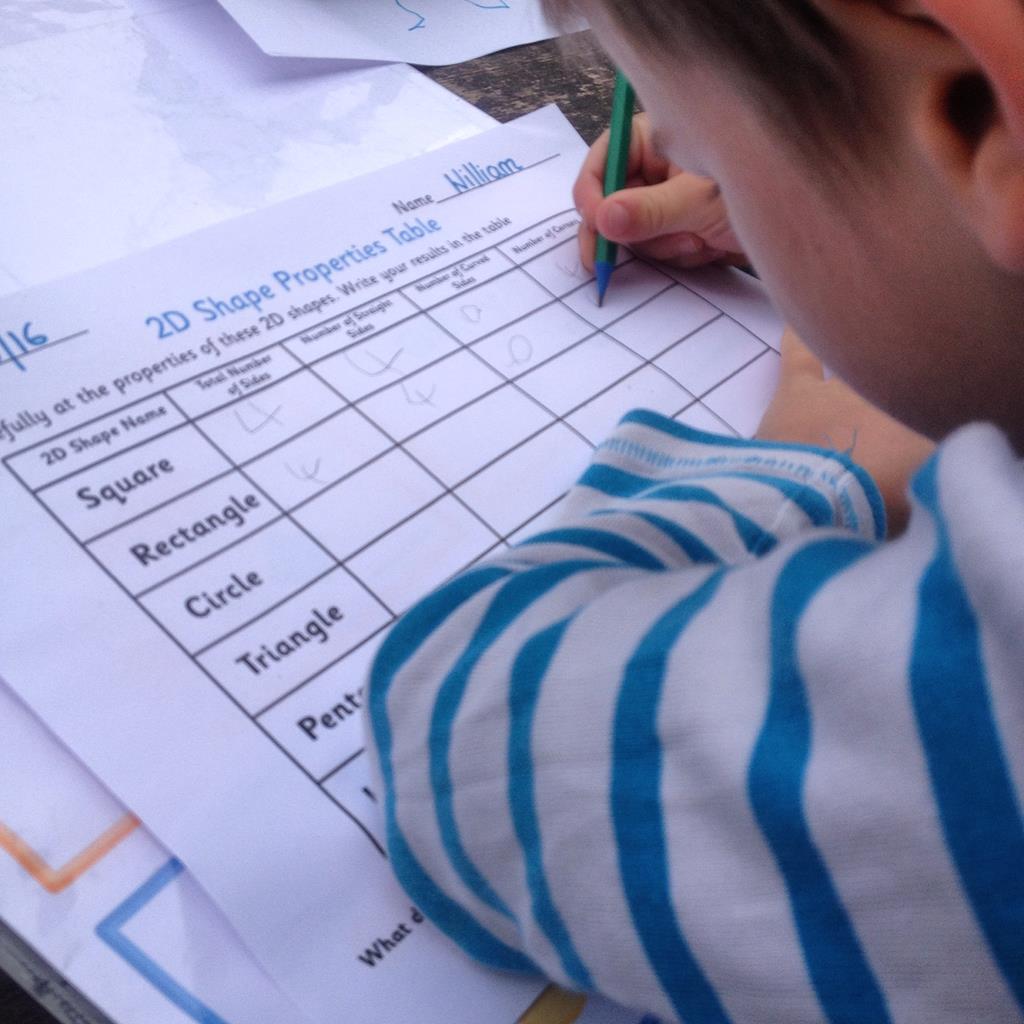This is a sponsored post
One of the great benefits of home education
Is that I can design the curriculum that my children follow
As it happens we stick fairly closely to what they would be learning in school
Especially with regard to Maths and English
Although I can personalise our learning much more than I would be able to
As a teacher in school
I teach my children to their ability and learning style
Meaning in any one subject we may work on topics designed for a wide range of age groups
It is wonderful having such freedom and flexibility
And being able to truly follow the children’s interests
School has to meet the needs of many children
And so a structured curriculum is important
That does not mean it cannot be interpreted imaginatively
And delivered creatively
Teachers have topics they must cover
But how they are covered is up to the teachers and the school
Curriculum knowledge and understanding is important
One of the reasons I agreed to host this post

Knowing and understanding what your child is learning about in school will make it easier for you to help them succeed. A Hertfordshire independent school have put together the following information to help educate parents a little more on their child’s curriculum. Of course, you’d have to speak to your child’s school for something more in-depth.
Firstly, you should know that the National Curriculum is separated into five different key stages, which are based on your child’s age. During each key stage your child’s progress will be assessed by their teachers to see how they match up to national targets. These assessments will be based on homework, lesson performance and the end of stage tests.
The national curriculum essentially ensures all children across the country receive a similar level of education. Of course, each school will then tailor the curriculum slightly, but they will stick to the guidelines and include the core subjects. In fact, the national curriculum is issued by law across all state schools in England. Independent schools have a little more flexibility when it comes to the curriculum but they typically stick fairly closely to the national standard.
Parents are welcome to contact their child’s school and ask for more information about the curriculum. You may even be given an overview and although this will just be an outline, it will help you understand what your child is learning about so that you can explore the same topics in your home life. For example, you can incorporate maths into your cooking and baking sessions or science during bath time. You can explore the seasons on your next stroll through nature and celebrate different religious holidays and cultural norms.
As well as exploring similar topics during family time, understanding the curriculum will also help you invest in the right resources for your child. If you build a strong relationship with your child’s teacher, you can work together to ensure your child reaches their full potential.
